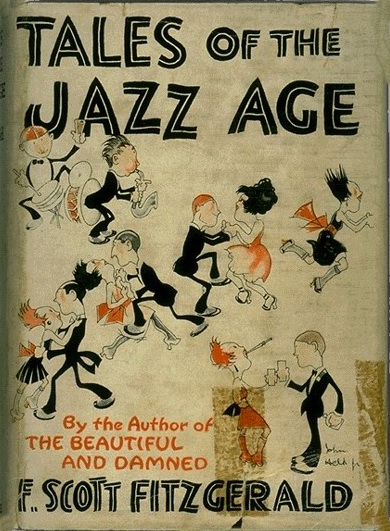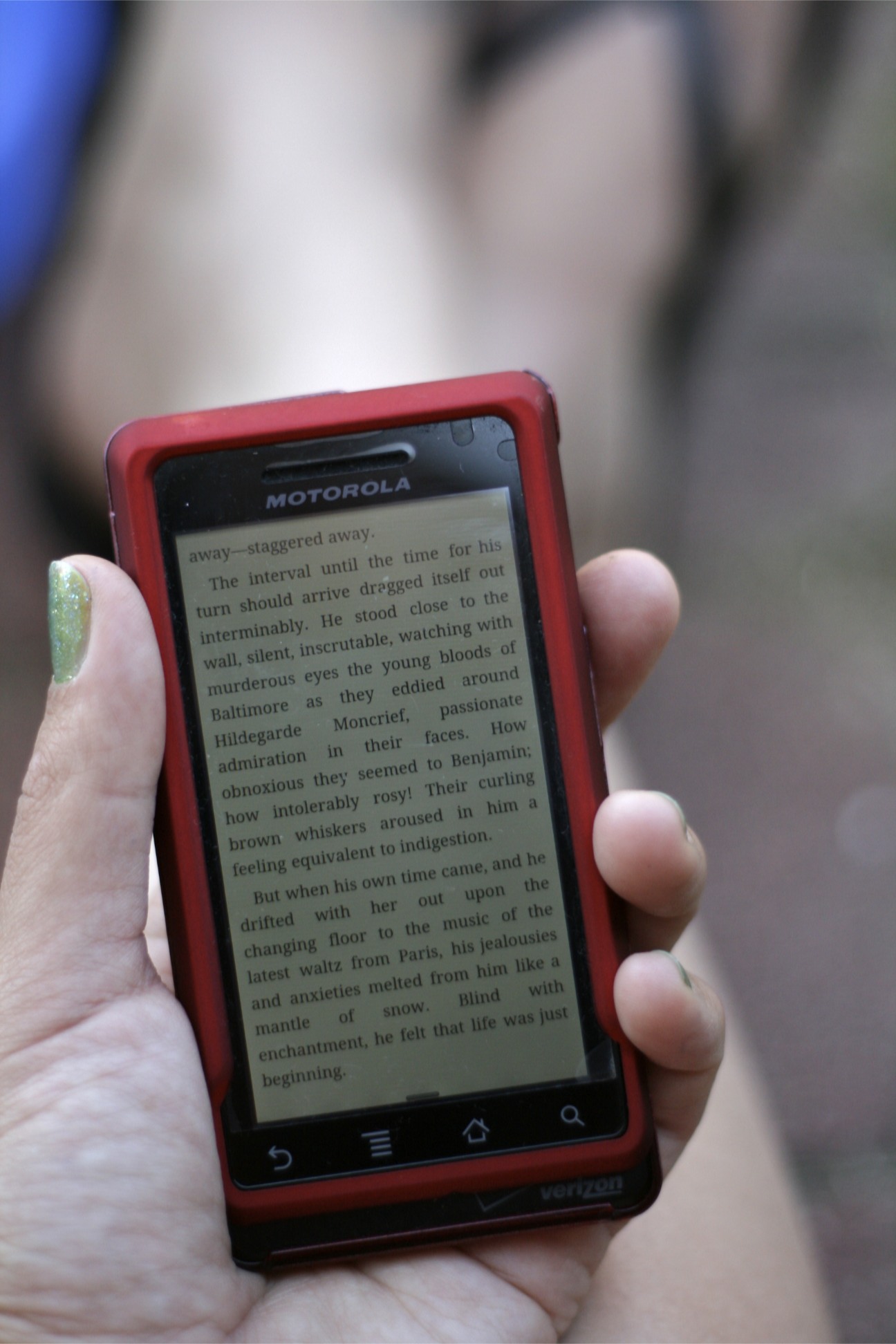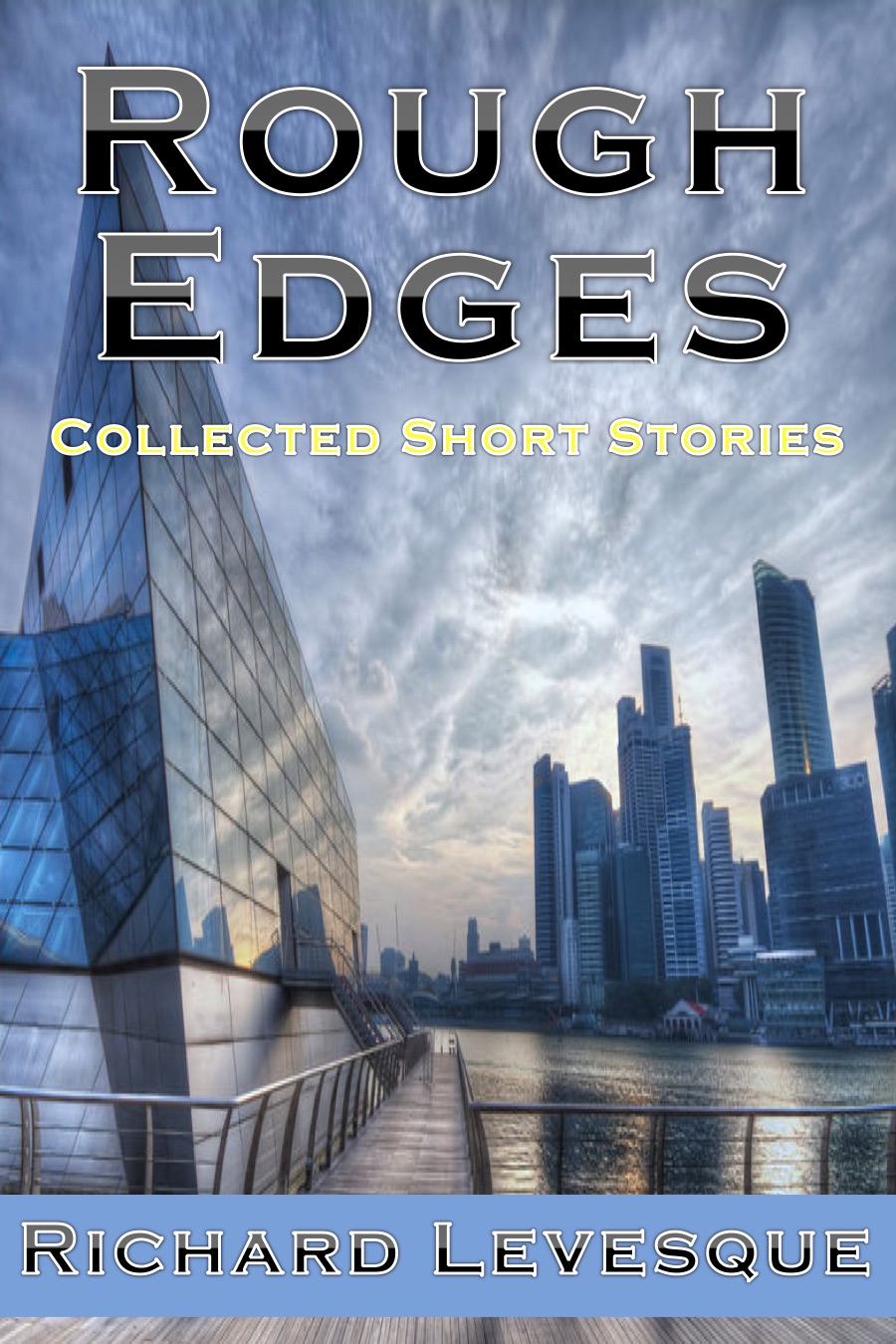Antiquarian Kindle Files?
When I released my first book in paperback and Kindle editions earlier this year, I had the nice opportunity of being able to sign some copies for friends. One person joked about whether I’d sign his Kindle for him. I kindly offered to scratch my name into the cover.
When my second book came out for Kindle, I noticed a problem with the cover art and so pulled the book in the first hour to fix the problem and then re-release it. A friend who’d bought the book within that first hour joked that he now had a rare first edition. Of course, since the Kindle file is linked to his Amazon account and phone, there would never be a way for such a “rarity” to become a commodity.
This came up recently when I gave a quick reply to another blogger’s thoughts on Kindles and other e-readers. You can see that blog here. A lot of people have mused about the digital age’s impact on music and books, and most people I talk to point out that having an e-reader gets them to read more books in more places. I’m on board. As a reader and a writer, I think e-readers are great.
But in addition to being a reader and writer, I’m also a collector. I don’t have a world class book collection by any means, but my family has been told about the two rows of books that MUST be salvaged if we ever have to evacuate the house. That’s the row with the signed firsts and other rare pieces I’ve picked up over years of looking, books I’ve lucked into on eBay and elsewhere, and some I’ve dropped more than a few bucks on in moments of serious indulgence–a nice selection that I will never have the money to replace.
And while those books–and all the other books in the hands of collectors and merchants the world over–aren’t going to lose value right away because of the e-book revolution, it seems likely that as more and more authors opt to release their work electronically only, as is bound to happen sooner or later, the rare books of tomorrow just won’t exist. If you’d walked into a Barnes and Noble and picked up a first edition of Twilight, say, or Cold Mountain or The DaVinci Code just on a lark, you’d have something worth a few dollars now. Picking up the first release of the e-versions, though? Not that exciting.
That’s the “romance” of book collecting, I guess. A rare first edition didn’t seem rare when it came out. When F. Scott Fitzgerald was releasing his books in the 1920s, people weren’t lining up at midnight to get their hands on the first copy.  You read a review or wandered the shelves in a physical bookstore and picked up the book and paid your two dollars. Maybe you read it, and maybe it just sat on the shelf, and years later someone else came across it–long after that first version was out of print. Now it was a rarity, something the original owner couldn’t have guessed at when purchasing it. An e-book, on the other hand, need never go out of print, need never change its cover or design. It won’t ever become rare or hard to find. The laws of supply and demand won’t quite work the same way on it. It won’t ever be any more special or significant than it is right now.
You read a review or wandered the shelves in a physical bookstore and picked up the book and paid your two dollars. Maybe you read it, and maybe it just sat on the shelf, and years later someone else came across it–long after that first version was out of print. Now it was a rarity, something the original owner couldn’t have guessed at when purchasing it. An e-book, on the other hand, need never go out of print, need never change its cover or design. It won’t ever become rare or hard to find. The laws of supply and demand won’t quite work the same way on it. It won’t ever be any more special or significant than it is right now.
And then there’s the art of the book to consider. Sure, there are matters of design that go into an e-book, but viewing that awesome cover art on your device isn’t quite the same as on the jacket of a nice hardcover. Kind of like the difference between looking at the cover of, say, Sgt. Pepper on your iTunes app or holding a nice big gatefold album cover with 12″ vinyl on the inside. The detail just isn’t the same–another reason to mourn the inevitable end of physical books.
Of course, if I had a first edition of Fitzgerald’s Tales of the Jazz Age, I certainly wouldn’t crack it open to read “The Curious Case of Benjamin Button.” It would be under glass. If I wanted to read it, I’d do it this way:
And I wouldn’t feel the least bit bad about doing it.
The other question, then, is what happens in a hundred years or so? Will physical books be adored antiques or just curiosities to remind our great-grand-children of how quaint things were in the past. Maybe that first edition Fitzgerald will end up as decor in a 22nd Century version of Chili’s. I hope not.
Antiquarian Benjamin Button books DaVinci Code F. Scott Fitzgerald Kindle Rare Books Reading Tales of the Jazz Age Twilight








2 Responses
Yeah, the rare books of tomorrow likely won’t exist (as a commodity), but the rare books of today will probably increase in value. Maybe I should re-think my reliance on e-readers: hoarding traditional books might make a great “nest egg” someday! Joking aside, you’ve raised interesting issues. I hope future generations will have the pleasure of collecting rare books, and not just antique e-readers. Thanks for the link.
Well said, a topic after my own heart.
Comments are closed.